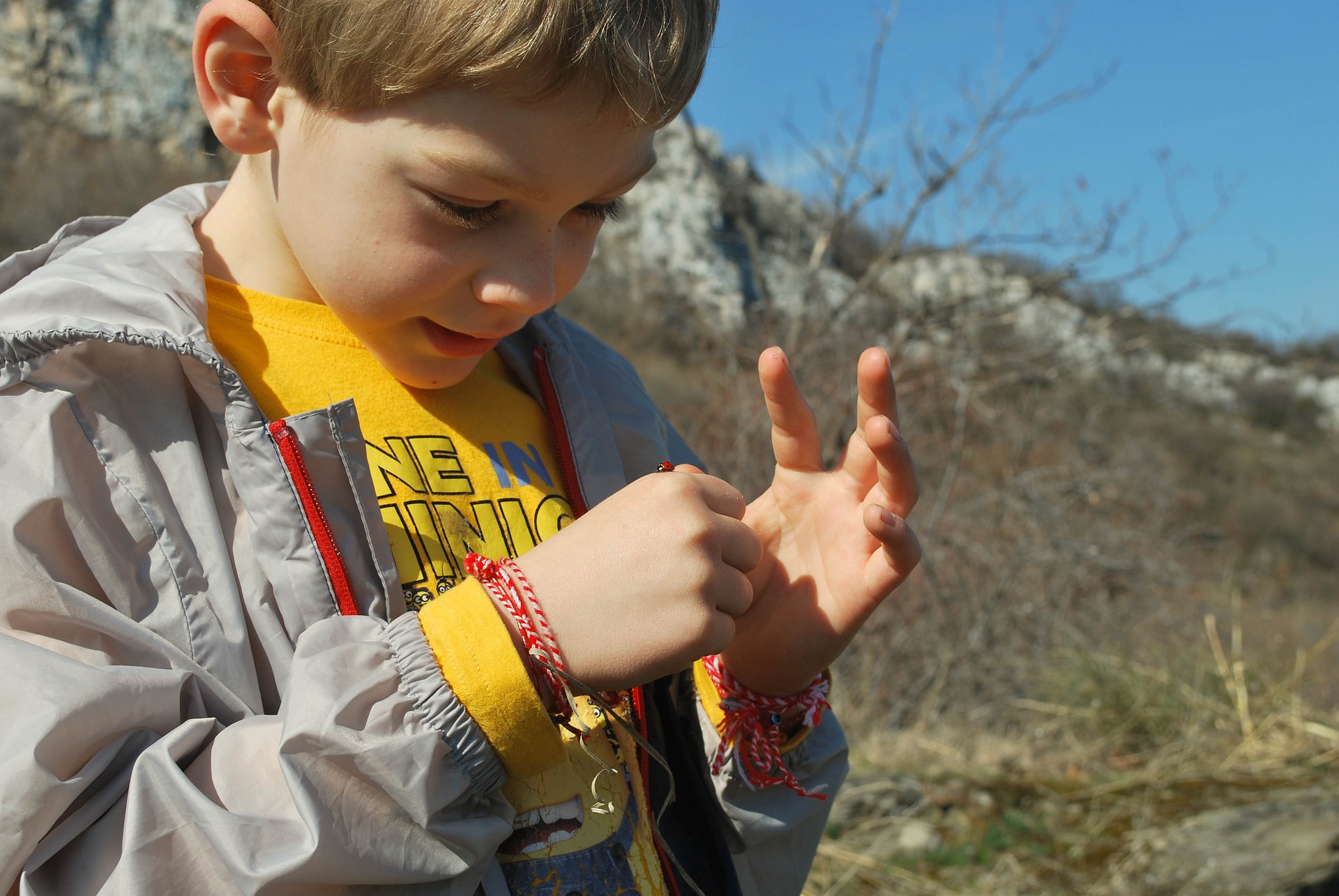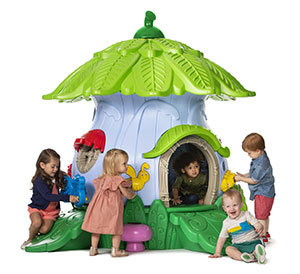Outdoor Play: Learn About Conservation!

When you spend time outdoors, it's easy to see why protecting nature is so important. Just going outside to play can relieve stress and make us feel better. Our natural environment has a way of opening up our senses. We can feel the wind on our skin, hear birds singing, and see the bright sunshine. There's no indoor experience that can really match up. But we know that pollution and overuse can hurt the environment over time. Since nature needs to be protected, how can we make sure that we're doing everything we can to help? Luckily, people have figured out ways that we can do our part.
What Is Conservation, and Why Is it Important?
Conservation is both a belief that nature must be protected and a movement of like-minded folks who want to help. There are many ways to conserve our natural environment. Some conservation programs focus on improving water quality, since all life depends on water. Some work to reduce over-fishing, which can cause the extinction of whole species. Still other ideas are based on protecting biodiversity, which means the variety of different types of life on Earth. All of these conservation ideas have a common purpose: to protect nature for generations to come.
- Conservation for Kids
- All About Conservation
- Britannica: Conservation
- Conservation for Kids and Families
- Kids Conservation
Soil Conservation
We often think of soil as just dirt, the ground that we run around and play on. But there's actually much more to it than that. Soil is made up of minerals and organic material. Leaves, bugs, and twigs break down to make this organic material. Soil quality is especially important to plants. If nutrients in the soil are out of balance, plants have a hard time getting started and may not grow at all. If plants don't grow, the crops we rely on for food could be at risk. Wind and water can do damage to the soil, but there are ways to reduce that damage. We also need to reduce pollution and protect trees to help protect the soil.
- What Is Soil Conservation?
- Soil Conservation: Everything You Need to Know
- Soil Conservation Education
- The Dirt on Soil Conservation
Water Conservation
All life on Earth depends on water to some degree. The human body consists of around 60% water, and that's even higher for some other species. It makes sense, then, to concentrate our efforts on maintaining water quality and availability. That's what water conservation is all about: making sure we have clean water for generations to come. The lack of access to usable water is a problem known as water scarcity. It affects around a billion people all over the world. We can make it better, though. Water management is the process of making sure that we use the least amount of water possible and keep our water supplies clean.
- What Is Water Conservation?
- Ways to Conserve Water in the Home and Yard
- What Is Water Scarcity?
- Water Management Plans
Wildlife Conservation
It's not enough to protect our species and its environment. We also need to care for the animals that help make up our world. Many species have gone extinct due to pollution, hunting, and the destruction of their habitats. It's important to protect animal life so we don't lose entire species to extinction. The loss of animal species affects human beings as well. Earth is an ecosystem, which means that all life is connected. If an extinct animal was the main food source for another species, it could make that species go extinct, too, causing a chain reaction that hurts many types of animals.
- Wildlife Conservation
- Recovering Wildlife Populations
- Wildlife Conservation Overview
- Why Is Wildlife Conservation Important?
Land Conservation
Any time you go to the playground, you can see the natural beauty of our world. Land conservation is the practice of protecting places like where you play, such as forests and grasslands. Government agencies like the U.S. Forest Service and the U.S. Department of Agriculture often manage these programs, but regular people can help, too. People who own a lot of land can set up a land conservancy, which prevents development on their land so the natural areas remain intact.
- Land Conservation
- What Is Land Conservation
- What Is a Land Conservancy?
- Take Action to Protect Outdoor Spaces
Careers in Conservation
If you like to play outside and care about protecting nature, you might want to think about working in conservation someday. There are lots of jobs in conservation. Whether you like to work in outdoor environments, observe animals, or solve mysteries in a lab, there is a conservation career for you. Some jobs let you do different things during the day: You might spend your morning collecting soil samples or taking pictures of animals and then spend your afternoon reviewing your data.
- Key Conservation Jobs
- Popular Careers in Conservation
- Careers in Conservation
- Global Conservation Careers
- Types of Careers in Ecology
- Your Career at the Nature Conservancy
Conservation Vocabulary
- Biodiversity: the variety of life on Earth or in a specific area
- Conservation: the belief that nature must be protected and the movement associated with doing so
- Ecosystem: a community of living things and their physical environment
- Habitat: the food, water, and shelter all living things need to survive
- Sustainability: the ability for something to stay existing and available
- Water Scarcity: the inability to get access to enough usable water
Ways You Can Help and Additional Resources
It's been said that conservation starts at home, and it's true that small actions can really add up. That means that when many people help out, all of our efforts count for more. There are some simple things you can do at school and at home to help, like paying attention to how much water and electricity you use. You can also make sure to recycle anything that can be recycled. You could even plant trees or flowers to help animals. Even if you start small, before you know it, you'll be making a real difference.
- Ways for Kids to Conserve Energy at Home and School
- How Kids Can Help to Save Water
- Ways to Conserve Natural Resources at Home
- Ways to Conserve Soil
- Habitat at Home
Edited by: Ben Thompson

